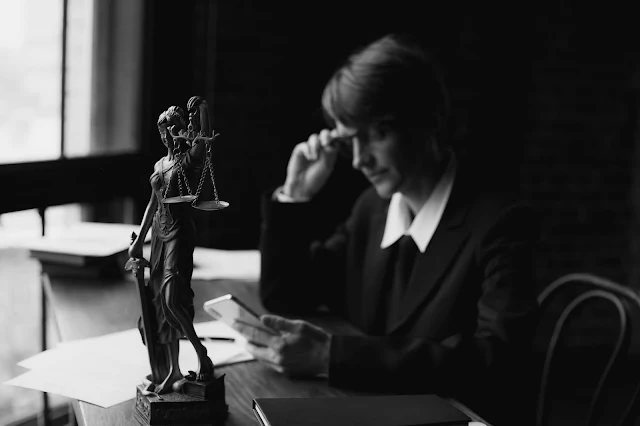When people approach medical negligence solicitors to make a compensation claim, there are a few factors that the legal team will have to consider to determine whether or not the claim is valid.
This is why it is so useful for people to seek out the services of top-quality personal injury solicitors, as this gives them the best possible chance of success and ensures they are not wasting their time.
There are several elements that are involved in medical negligence compensation claims:
Duty
Firstly, it must be shown that the defendant had a duty of care towards the plaintiff. This is generally formed through the relationship between the two parties, such as the relationship between a doctor and patient or a midwife and client.
In these instances, the medical professional will be deemed to be in some way responsible for the plaintiff's wellbeing. This duty of care is not unique to clinical negligence claims, however - it is also seen in the relationship between an employer and employee, or a shop owner and a customer, or a teacher and their student, or in a whole host of other relationships.
Breach of duty leading to a personal injury
It must also be shown that this duty of care was breached for a medical negligence claim to succeed. This is seen when defendants do not complete their duties with the care and professionalism expected of them.
Even a slight oversight can lead to tragedy - small errors have resulted in big clinical negligence compensation payouts. It must also be shown that this negligence led the claimant to suffer a personal injury.
This is commonly called the 'actual cause' or 'but for' causation, which means that 'but for' the negligence, the personal injury would not have been sustained.
Proximate Cause
It is only damages that a defendant could reasonably be thought to have foreseen that are claimable in clinical negligence claims.
For instance, a surgeon could inappropriately clean a patient after an operation and they could develop a skin infection, but this does not mean the surgeon is liable if the patient later dies in a motor vehicle accident.
Damages
It is not enough to simply prove that a negligent action took place - to succeed in a medical negligence compensation claim, you should also be able to show that you experienced a personal injury as a direct result of the negligence.
This can be psychological and mental as well as physical, and can also include financial damages that are easily quantifiable, including the cost of remedial treatments, lost wages, or medical expenses.
Damages take many forms in clinical negligence claims - dental negligence compensation cases may see people claim for gum problems, remedial oral health treatments, or costly replacement dentures, whereas in cases arising in hospitals, they may claim for the cost of new surgical treatments and the associated pain, suffering, and financial losses these led to.
Whatever the case, claimants must choose a medical negligence solicitor who understands the nuances of this area of law and can properly handle their case.
There is one other factor claimants should remember before they begin their case. While people may feel like they are putting the financial well-being of their hospital, doctor, dentist, or other healthcare practitioner at risk, these individuals are usually obliged to ensure they have indemnity or insurance policies that pay out in clinical negligence claims.
This means they can continue running while the case goes through the courts and do not have to take a big financial hit if they fail in the case.
In many cases, the medical insurance provider and solicitors for personal injury compensation come to an agreement, or settlement, out-of-court.
This will see every party save money, as there will not be expensive court fees to deal with. You need a team of solicitors who know when to settle and when to continue proceedings so that you can receive all the money you deserve.
The overall value of your claim will consider any financial losses you experienced, as well as the pain and suffering you have had to go through as a result of the clinical negligence.
While no-win no-fee funding options are no longer available, personal injury solicitors should be able to come up with a way for you to pay that will not put you in any difficulty and will ensure you receive the access to justice that you deserve.
You should make a claim as soon as possible and retain any relevant documentation that you think could help in your case.














Post a Comment